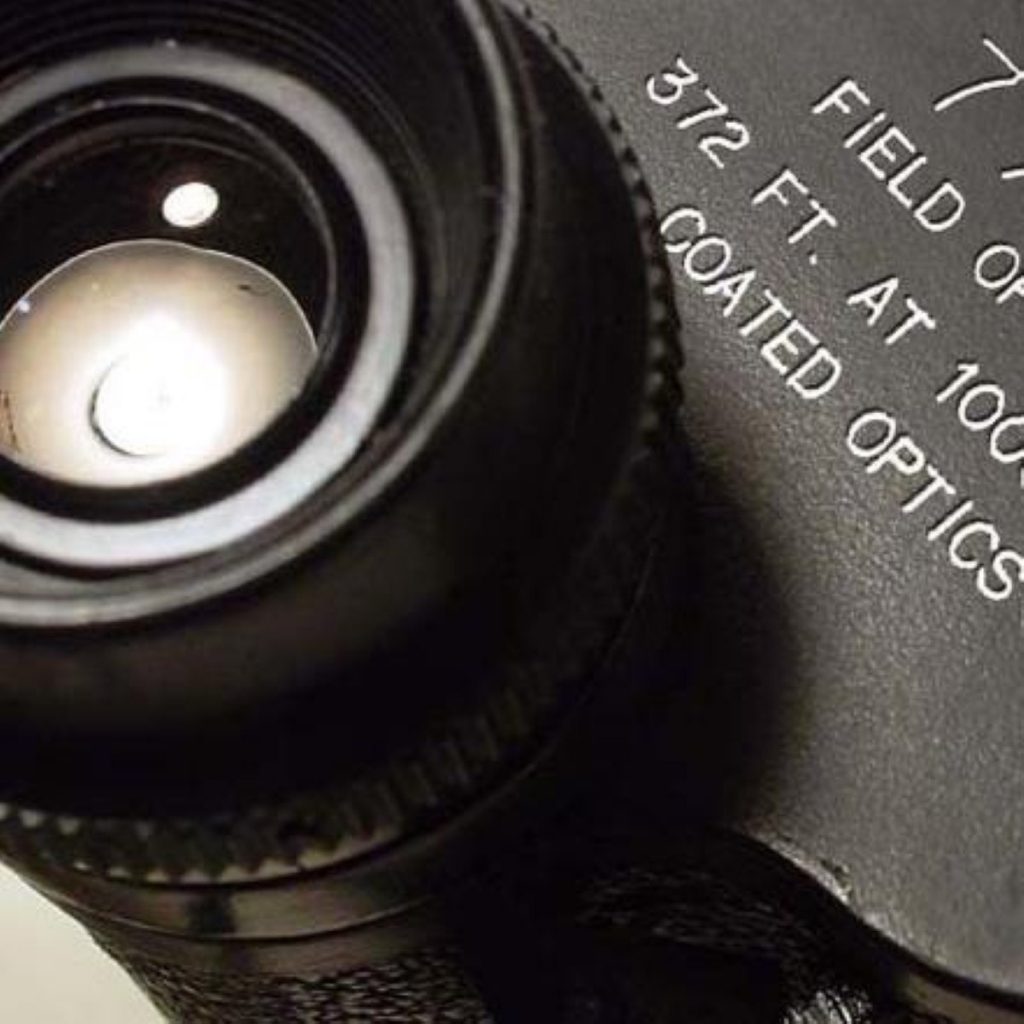The end of council snooping?
By Ian Dunt
The government has announced plans to cut down on local councils using anti-terror laws to spy on residents.
After sustained criticism from the civil liberties groups, opposition MPs and a wide spectrum of society itself, the Home Office appears to have accepted the need for reform.
“The government has absolutely no interest in spying on law-abiding people going about their everyday lives,” Jacqui Smith said.


“I don’t want to see these powers being used to target people for putting their bins out on the wrong day or for dog fouling offences.”
Councils tend to use powers granted to them by the Regulation of Investigatory Powers Act (RIPA), which was passed ostensibly to combat terrorism and serious organised crime, although with clauses allowing for its use in public safety or in the interests of the economic well-being of the country.
That description fails to correspond with its use, which has included spying on people because of dog littering or taking their rubbish out on the wrong day.
A recent survey by the Liberal democrats found the snooping laws had been used 10,288 times in the last five years.
Some 1,615 council workers can authorise the investigations, 21 per cent of them below senior management grade.
When RIPA was passed, only nine organisations- including police and security services – were allowed to use it. Now 795 bodies, including all 475 local authorities, may do so.
But only nine per cent of the 10,288 investigations have led to a prosecution, caution or fixed-penalty notice.
But there are still signs the government is intending to allow the powers to be used outside of what would generally be considered national security cases or serious crime.
Local government minister John Healey said: “Whether cracking down on rogue traders, loan sharks or fly-tippers, councils are in the front line in tackling some of the toughest problems faced by communities.
“So it is right they have the powers they need to do this effectively.”
The plans, which will now be put out to public consultation, include oversight by elected councillors and a code of practise for the powers’ uses.
“I want to make sure that there is proper oversight of the use of these powers which is why I am considering creating a role for elected councillors in overseeing the way in which local authorities use RIPA techniques,” the home secretary said.
Issues as to which public authorities should be able to authorise the investigations, what purposes the techniques should be used for and the rank at which they may be authorised will also be discussed.
Opponents of the way council often use the powers welcomed the announcement but urged caution until a final policy was in place.
“This consultation is a tacit admission by the government that its surveillance society has got out of hand,” said Lib Dem home affairs spokesman Chris Huhne.
“For too long, powers we were told would be used to fight terrorism and organised crime have been used to spy on people’s kids, pets and bins.
“Ministers must ensure that this consultation results in real changes and not just warm words.”
There was a similar message from Liberty, whose director of policy, Isabella Sankey, said: “We hope this review will prove to be a genuine consultation, not a pre-judged tick box affair.
“There is no question that surveillance is a vital tool in the battle against serious crime and terrorism but reports that mothers are tailed by council officers policing school catchment zones has seriously undermined public trust and confidence.”
In April 2008, Dorset council officials put three children and their parents under surveillance to check whether they lived in a particular school catchment area.












